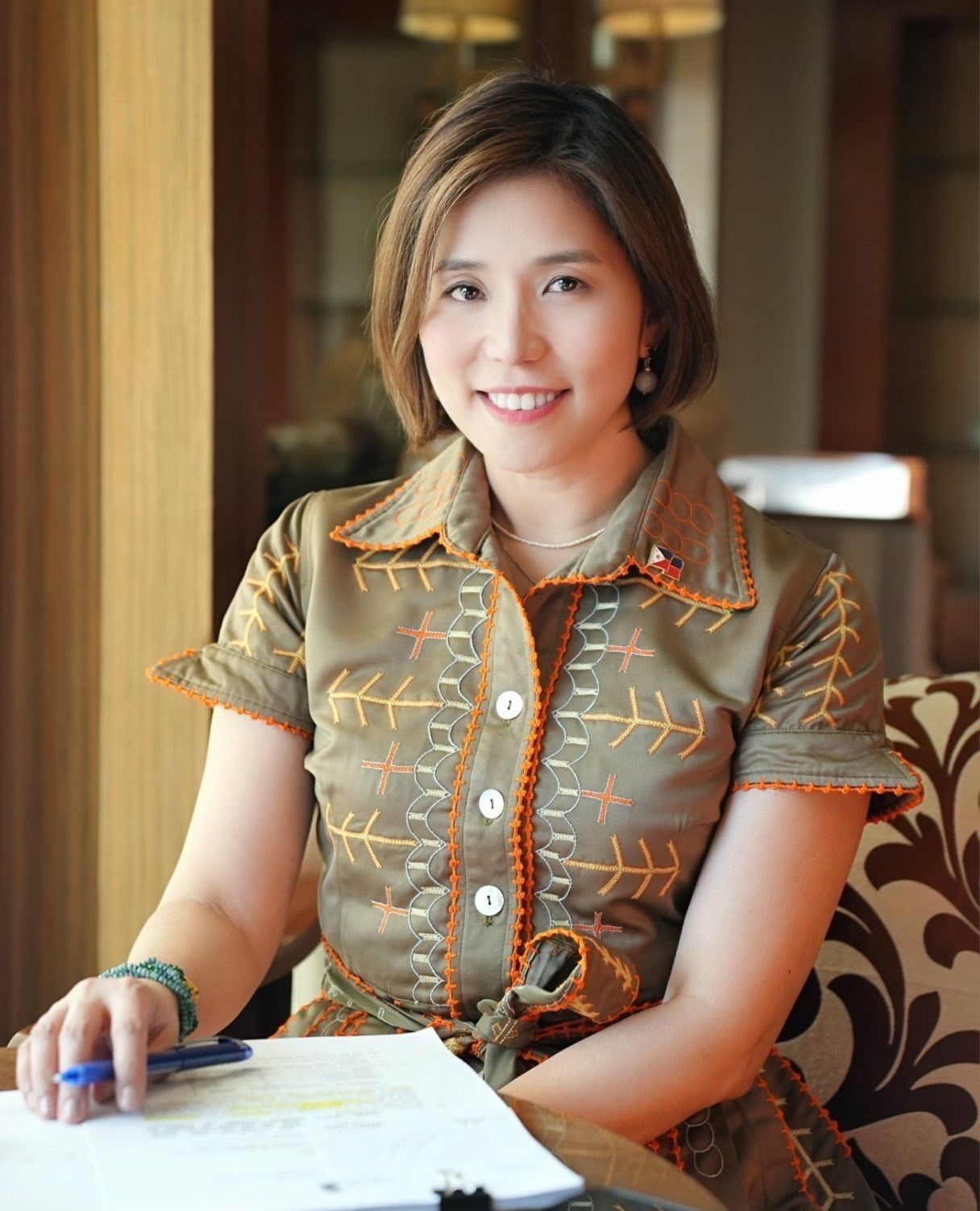OGP Asia and the Pacific Regional Meeting: Co-creating solutions to challenges
BEYOND BUDGET

(Part II)
Assalamu alaikum wa Raḥmatullahi wa Barakatuh.
In my Feb. 12 article, I discussed the successful hosting of the Open Government Partnership (OGP) Asia and the Pacific Regional Meeting from Feb. 5 to 7, 2025.
The Regional Meeting was an opportune gathering for us, open governance advocates, to take stock of what we have accomplished and explore ways to improve and build on our successes through constructive exchanges on best practices and innovations.
Showcasing our OGP successes
During the different events I attended, I had the privilege to highlight our OGP achievements.
In my speech at the High-Level Roundtable, “Leadership in Action,” I proudly shared that the Region has responded positively to the OpenGov Challenge, with two of our local governments adhering to their commitments. Baguio City institutionalized a People’s Council to formalize civil society organizations' (CSOs) significant role in local decision-making processes. Meanwhile, the Municipality of Larena in Siquijor committed to establishing a Procurement Oversight Team to improve procurement processes' efficiency and transparency, in line with the New Government Procurement Act (NGPA).
At the side event on Green Financing Reforms organized by the UP College of Law — who was likewise an instrumental partner to the Regional Meeting — I shared that aside from being inclusive, our national budget is also climate-responsive and climate-proof. By tracking climate change expenditures since 2015 through the Climate Change Expenditures Tagging, our climate change adaptation and mitigation budget has been increasing for the past 10 years by an average of 36.02 percent. For 2025, we have more than doubled this to ₱1.156 trillion from ₱457.4 billion in 2024, the highest increase since we began tracking.
During the session, “Leveraging Open Governance toward an Inclusive and Peaceful Asia-Pacific Region,” I highlighted that as early as 1995, our country has been implementing the Women’s Budget or the Gender and Development Budget, mandating all government agencies to allocate a minimum of five percent of their annual budget for gender programs. We further institutionalized this through the Magna Carta of Women and the Gender Equality and Women’s Empowerment Plan.
We have also been championing the Women, Peace, and Security (WPS) Agenda through programs that uplift women’s living conditions and strengthen peacebuilding, reconstruction, and development initiatives in conflict-affected areas, especially in the Bangsamoro Autonomous Region in Muslim Mindanao. Additionally, we are creating spaces for the WPS Agenda, such as the first-ever ministerial-level International Conference on the WPS the Philippines hosted in October 2024. As our country’s first female Muslim Budget Secretary, I am especially grateful for the opportunities to bring to light the transformative power of providing spaces for women at decision-making tables and high-level discussions.
Meanwhile, at the Open Government Challenge Workshop, I highlighted the passage of the NGPA and the recent approval of its Implementing Rules and Regulations. The NGPA includes open contracting, allowing citizens to participate in procurement, track government spending, and ensure efficient and effective resource utilization to improve public service delivery, true to the spirit of open and participatory governance.
Key takeaways
The Regional Meeting provided valuable insights from our fellow champions, especially on initiatives and models of open governance, reaffirming that collaboration and co-creation are essential for building an open and responsive government.
I feel fortunate that the PH-OGP has been bringing together the government, CSOs, and the public, especially in budgeting, to ensure our reforms truly address the needs of the people. Further, we are prioritizing transparency and accountability, with platforms like the Open Budget Portal, not only sharing data, but also empowering our people to actively engage in managing public resources.
Moving forward
In a conversation with OGP Chief Executive Officer (CEO) Aidan Eyakuze, he praised the Philippines' progress in the OGP Agenda and inquired on how we can sustain the momentum of the Regional Meeting.
I believe that open governance is a continuous journey, and the Regional Meeting was a helpful checkpoint. For one, we need to ascertain that feedback from citizens’ engagements shapes decisions. We should likewise safeguard our democratic institutions and mechanisms for transparency and accountability. If any, the event highlighted the fact that there is more to be done for governments to be truly open. Nonetheless, I am certain that our delegates went home recharged with much needed inspiration to double down in co-creating commitments and reforms.
On our part, we at the PH-OGP are committed to learning, improving, and ensuring we’re always working for and with the people — not just for the Philippines but, even more so, for all stakeholders of the Partnership.
Beyond budget, together with our CSOs and other partners, our country has hit the ground running since we co-founded the OGP in 2011, working tirelessly to integrate OGP values in our country. We hope our OGP story inspires others to take the same path and improve what we have achieved. As former OGP CEO Sanjay Pradhan said, OGP is in the Philippines’ DNA. So, let’s all be open for a brighter Bagong Pilipinas.
(Amenah F. Pangandaman is the Secretary of the Department of Budget and Management.)